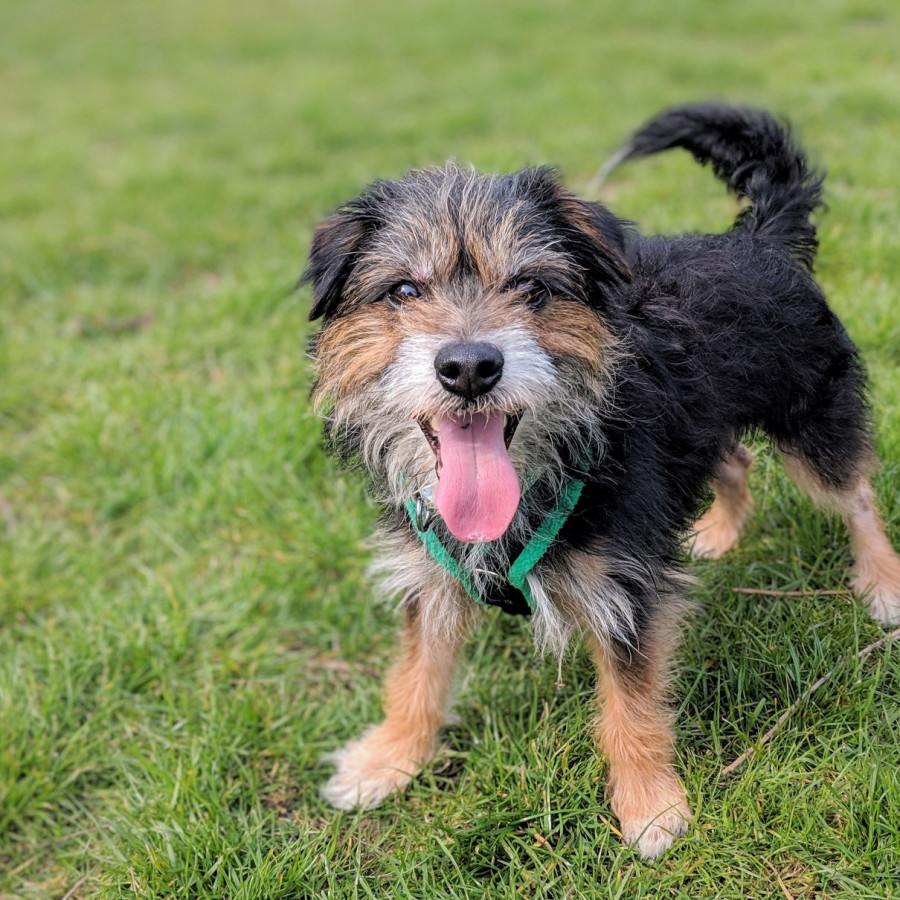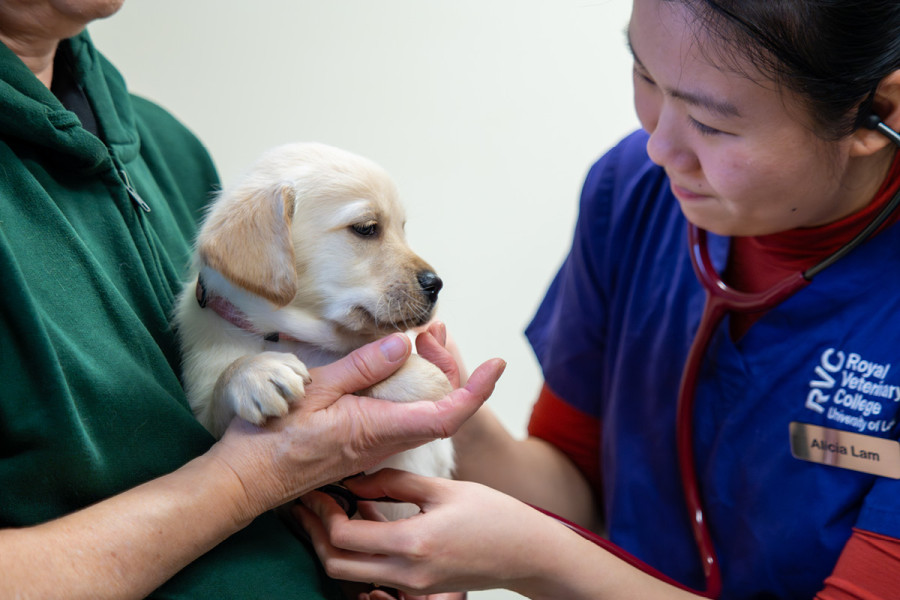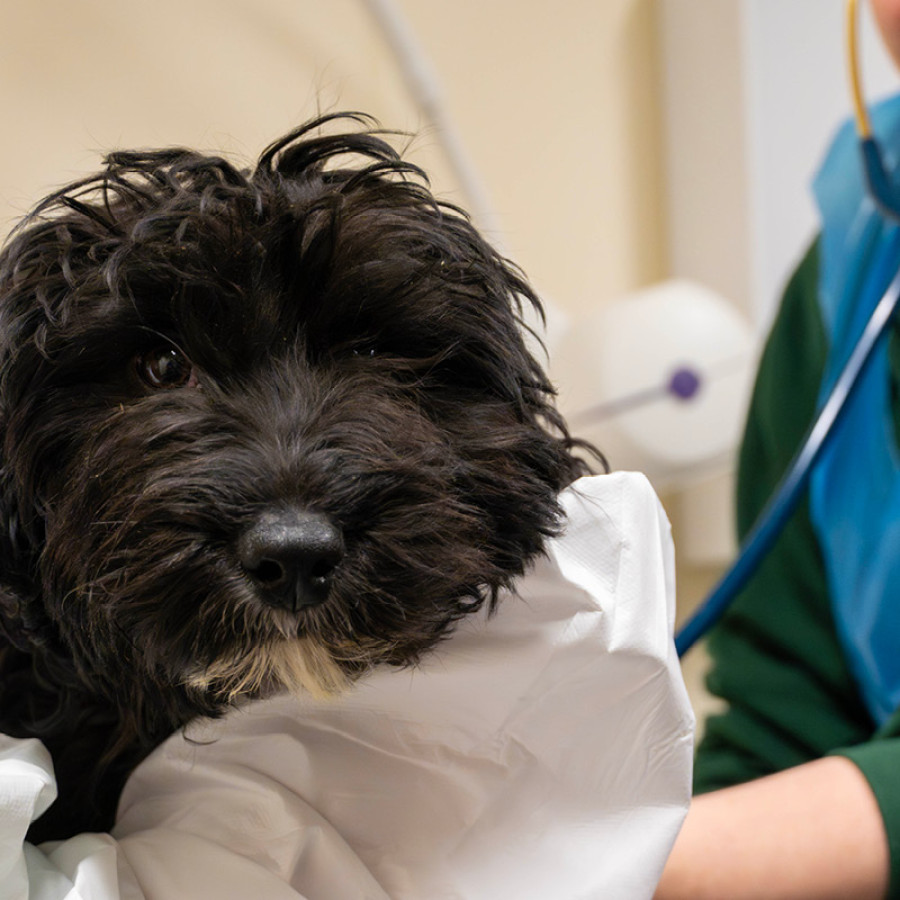
Darren asks
Should I get a dog?
Dogs in the UK are at risk of catching infectious diseases, and symptoms can range from mild to life-threatening. Puppies are most vulnerable to diseases, especially when they’re in direct contact with unvaccinated dogs, or in areas where they have been. Book your puppy’s first vaccinations as soon as they reach the recommended age (usually eight weeks), delaying could leave them vulnerable to disease. The initial ‘puppy’ vaccination course helps to build up an immune system that will be essential through the rest of their lives.
If you have a dog of any age with an unknown vaccination history, your vet will likely advise they receive a variation of the ‘puppy’ vaccination course. This will ensure they have vaccinations against UK infectious diseases.
Certain vaccinations, like kennel cough, may be required if your dog goes to boarding kennels, training classes, or doggy daycare—check requirements for these spaces in advance to avoid last-minute stress.
Some vaccines, like rabies, are required by law in certain countries or for travel. Always check vaccination requirements if you plan to take your dog abroad.
During the initial vaccination course, depending on the age your dog received their first vaccine and on your location/lifestyle, a further two may be suggested; your vet will be able to provide guidance on this.
Initial vaccine course:
Annual booster vaccines:
Most pets will be advised to have yearly booster vaccinations to ensure continued immunity/ protection. To find out the best schedule for your dog specifically based on their age, vaccination history and your lifestyle get in touch with your vet.
When considering welcoming a dog into your home, it’s important to consider the cost of initial course and booster vaccinations, as well as other preventative treatments (e.g. flea and worming).
On average, a puppy vaccination course in the UK ranges from £40-£70 typically. With annual boosters costing on average £50-60, depending on location and vaccine type. Costs vary depending on your veterinary practice and the vaccines needed. If payment is difficult, speak to your vet about offers or low-cost clinics e.g. local RSPCA clinic (restrictions apply).
Preventing an infection is better than treating one (and cheaper). Dogs can become seriously ill from infections that vaccines can prevent. Vaccines can save lives, so they’re very important!

Darren asks
Should I get a dog?
James asks
When to spay a dog
Sam asks
How do I tell if my dog is pregnant?I was struggling with my dog's anxiety, especially when we had to leave the house. Thanks to Woodgreen's advice, I've made some changes that have worked wonders. By sticking to a consistent routine, my dog knows what to expect each day, which has significantly reduced her anxiety.
This advice really helped me and my new pup! I tried teaching recall without your guidance and struggled. Woodgreen's step-by-step dog training videos break each action down for you and I'm happy to say we finally made progress!
Give us your feedback and we'll send you advice and tips on caring for your pets. We'd also love to send you updates about Woodgreen, including heart-warming pet stories and ways you can support us.
Please call our pet support line on 0300 303 9333 (7 days a week – 8.30am - 4pm)


